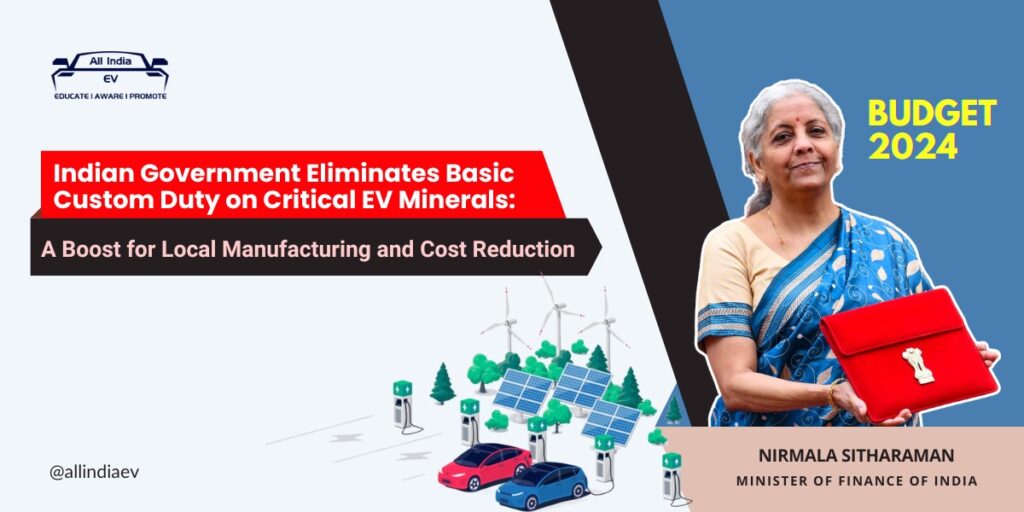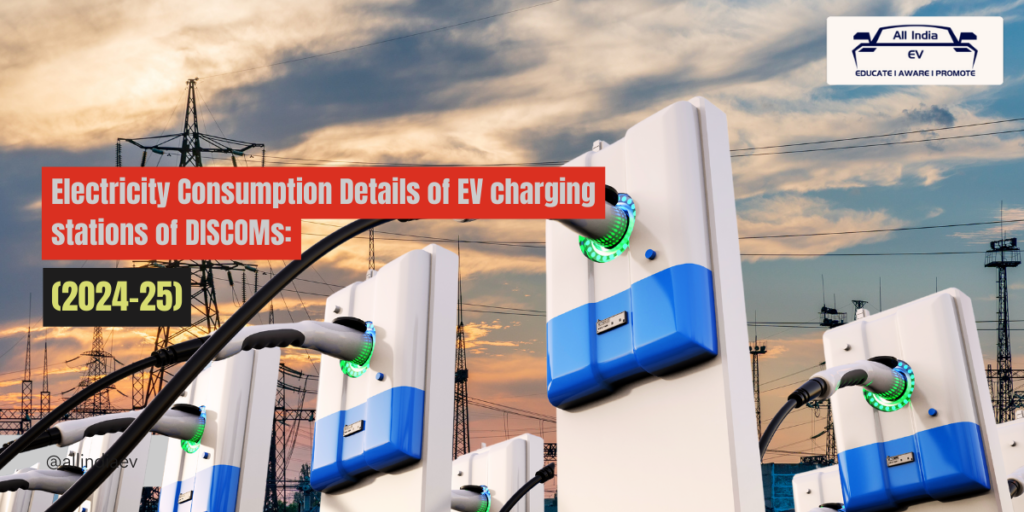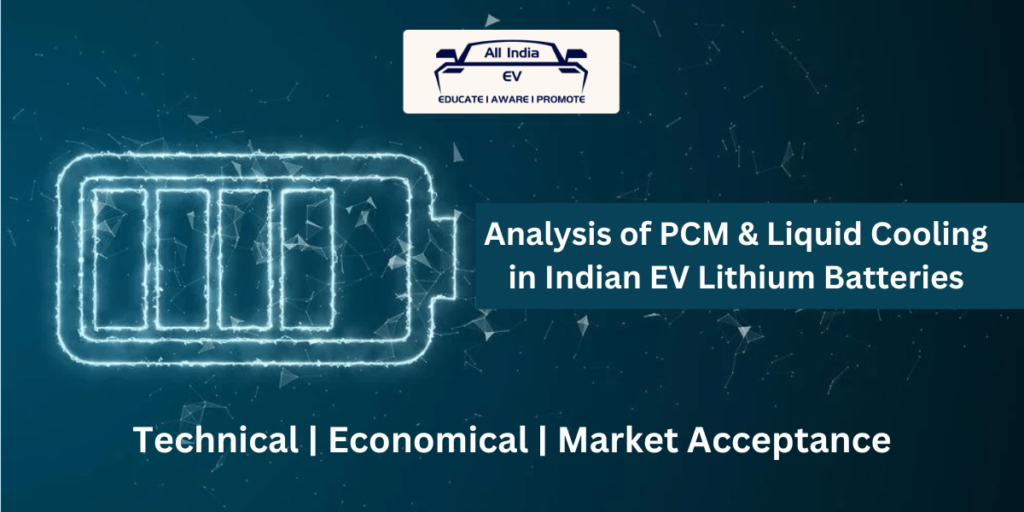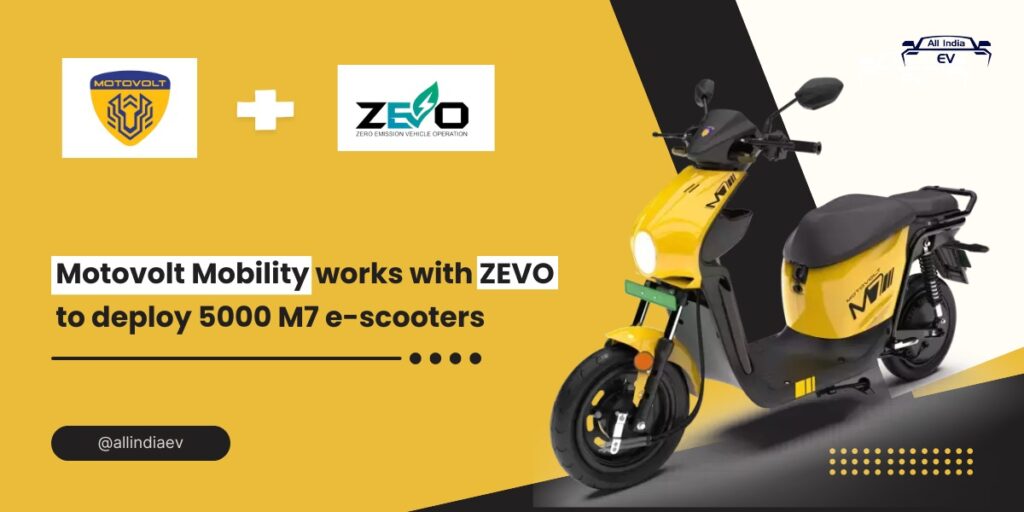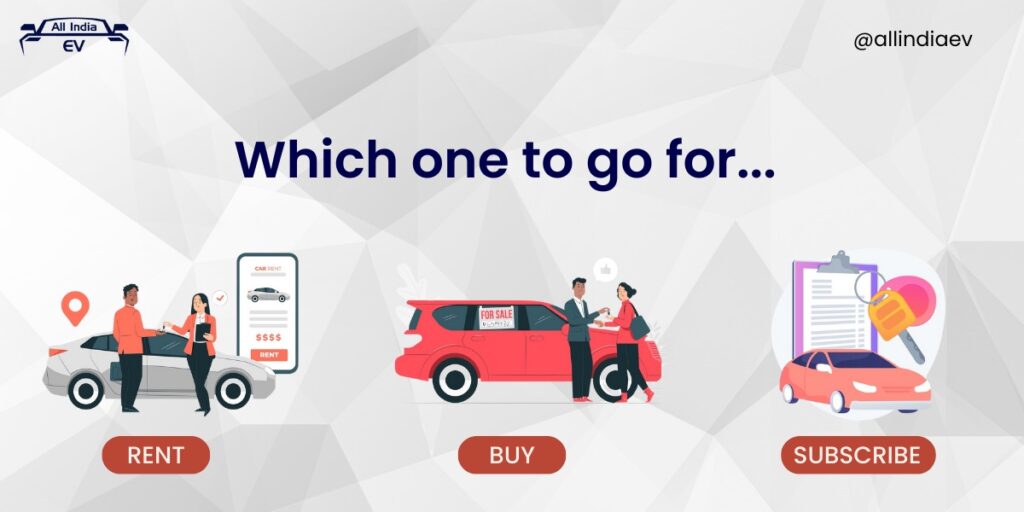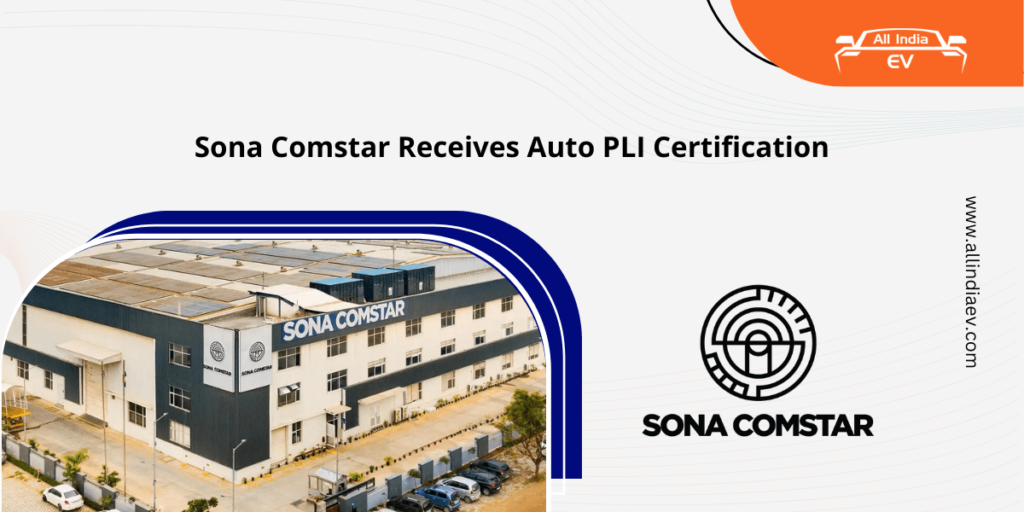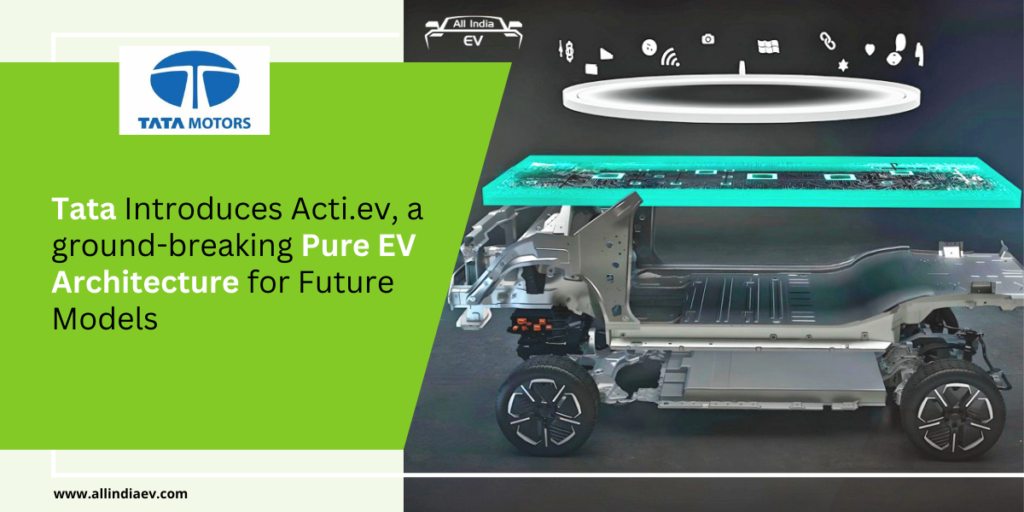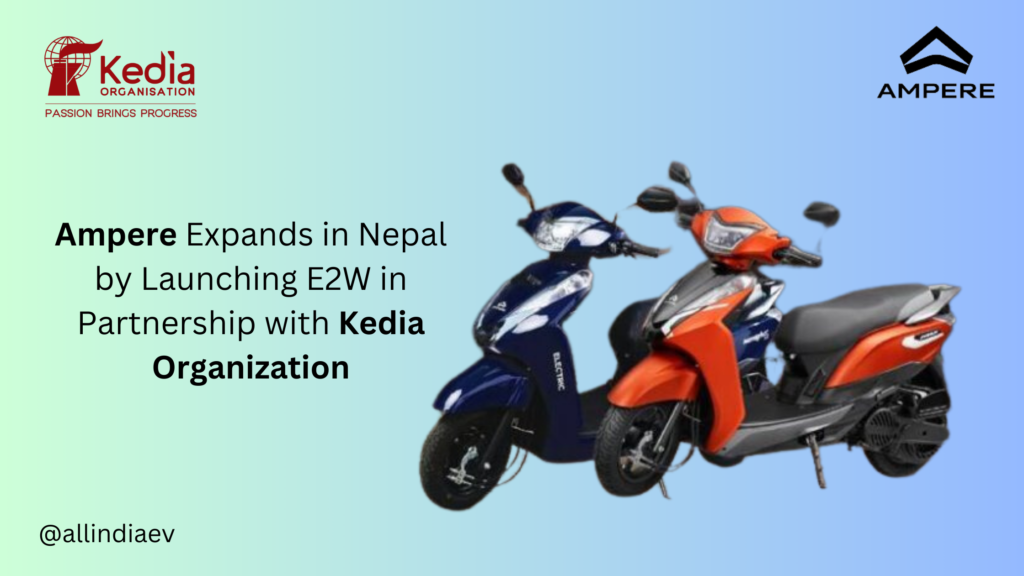India Cuts Import Duty on EV Minerals to Boost Manufacturing
Indian Government Eliminates Basic Custom Duty on EV Minerals: A Boost for Local Manufacturing and Cost Reduction In the Indian budget for 2024, the government has taken a significant step towards bolstering the electric vehicle (EV) sector by removing the Basic Custom Duty (BCD) on several critical minerals. These minerals, including lithium, nickel, molybdenum, and silicon, are essential for manufacturing EV batteries and other components. This policy change is expected to have a notable impact on the EV industry in India, particularly in terms of cost reduction and supply chain stability. ➡️ Cost Reduction for Manufacturers: The removal of the BCD on critical minerals directly translates to lower import costs for EV manufacturers. Lithium, a key component in lithium-ion batteries, has seen significant price volatility in recent years. By reducing import duties, the cost burden on battery manufacturers is expected to decrease, enabling them to offer more competitively priced products. ➡️ Boosting Local Manufacturing: India has ambitious plans to become a global hub for EV manufacturing. Lowering the import duty on essential raw materials will make it more attractive for companies to set up manufacturing plants within the country. This policy is likely to encourage both domestic and international firms to invest in new facilities, further boosting local production capabilities. ➡️ Enhanced Supply Chain Stability: Critical minerals like nickel and molybdenum are not abundantly available domestically, and their supply chains often involve complex global logistics. By removing import duties, the Indian government aims to simplify and stabilize these supply chains, ensuring a steady flow of raw materials necessary for uninterrupted production. ➡️ Encouraging Innovation: With reduced costs of raw materials, manufacturers can allocate more resources towards research and development. This could lead to innovations in battery technology, improving energy density, charge times, and overall performance of EVs. Enhanced R&D efforts could also drive down the costs of advanced technologies, making EVs more accessible to the general population. ➡️ Economic Growth: The EV sector is poised to become a major contributor to India’s GDP. By incentivizing the establishment of cell and raw material factories, the government is fostering job creation and technological advancement. The anticipated growth in this sector could significantly boost the economy, particularly in regions where these new factories are established. ➡️ Environmental Benefits: A thriving EV industry is crucial for India’s environmental goals, including reducing carbon emissions and achieving net-zero targets. Increased adoption of EVs, driven by lower manufacturing costs, will contribute to reduced reliance on fossil fuels, lower air pollution levels, and a decrease in greenhouse gas emissions. Towards the END!!! The removal of Basic Custom Duty on critical minerals such as lithium, nickel, molybdenum, and silicon is a strategic move by the Indian government to support the burgeoning EV industry. This policy change is expected to lower production costs, encourage local manufacturing, stabilize supply chains, and drive innovation. Ultimately, these developments will contribute to economic growth and help India meet its environmental objectives, paving the way for a sustainable and electrified future. Join All India EV Community Click here for more EV Updates
India Cuts Import Duty on EV Minerals to Boost Manufacturing Read More »

